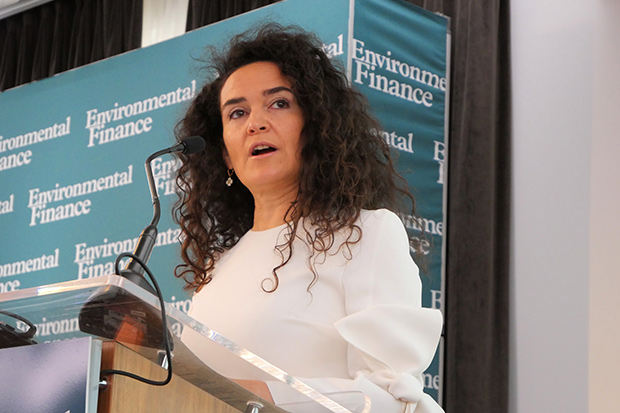The Green Climate Fund (GCF) has adopted a landmark policy on REDD+ results-based payments, a major boon for forest finance. The decision was made at the 40th meeting of the GCF Board.

REDD+ (Reducing emissions from deforestation and forest degradation) is based on the principle that developing countries which reduce their emissions from deforestation and forest degradation can receive financial compensation, known as results-based payments. This is a highly efficient way of financing emissions reductions, as payment is made for verified emissions reductions.
In addition, REDD+ results-based payments deliver a wide range of adaptation and other benefits, including supporting forest-related livelihoods, biodiversity and other ecological services.
Why is the REDD+ results-based payments policy important?
The policy permanently integrates REDD+ results-based payments into GCF’s regular project activity cycle. This will significantly enhance the predictability of REDD+ financing, providing a powerful incentive for developing countries to embark on REDD+ and reduce their emissions from deforestation and forest degradation.
The price of $8 per tonne – a 60 per cent increase on previous REDD+ results-based payments provided by GCF – reflects the strong environmental integrity of eligible results and is a nod to forests’ immense contribution to climate change mitigation and adaptation. With many countries immediately eligible, GCF expects results-based payments to flow in the hundreds of millions to countries from all regions and all categories, including Small Island Developing States and Least Developed Countries, under the current GCF programming cycle alone (2024-2027).
Mainstreaming results-based payments into GCF programming will ensure they are fully consistent and compliant with all GCF policies, including the Gender Policy, Indigenous Peoples’ Policy, and environmental and social safeguards – in addition to the Cancún Safeguards already agreed under the United Nations Framework Convention on Climate Change (UNFCCC).
The policy also complements GCF’s newly revamped Readiness Programme, which will enable countries to top up their existing REDD+ Readiness efforts and swiftly become eligible for results-based payments under the new policy.
